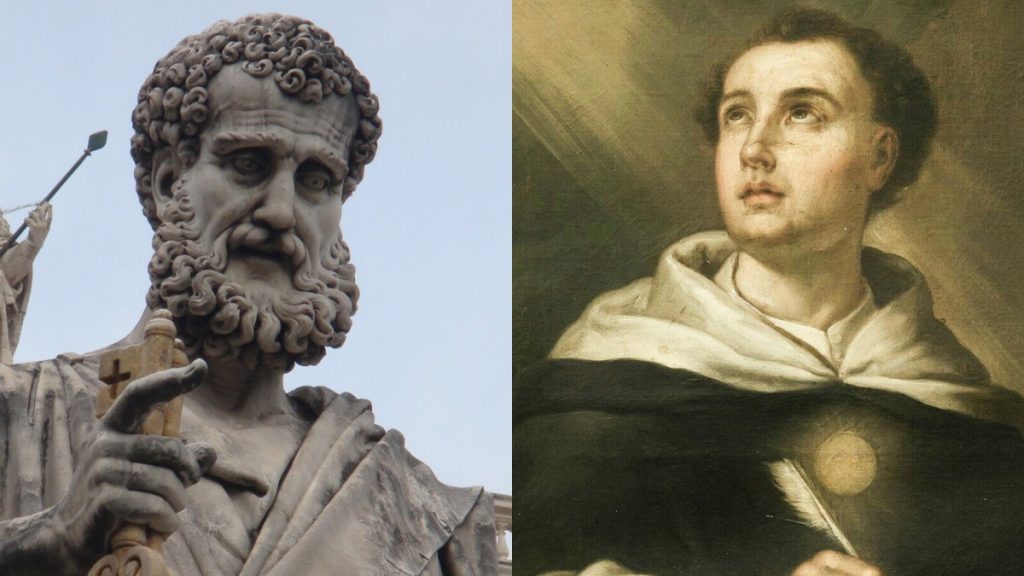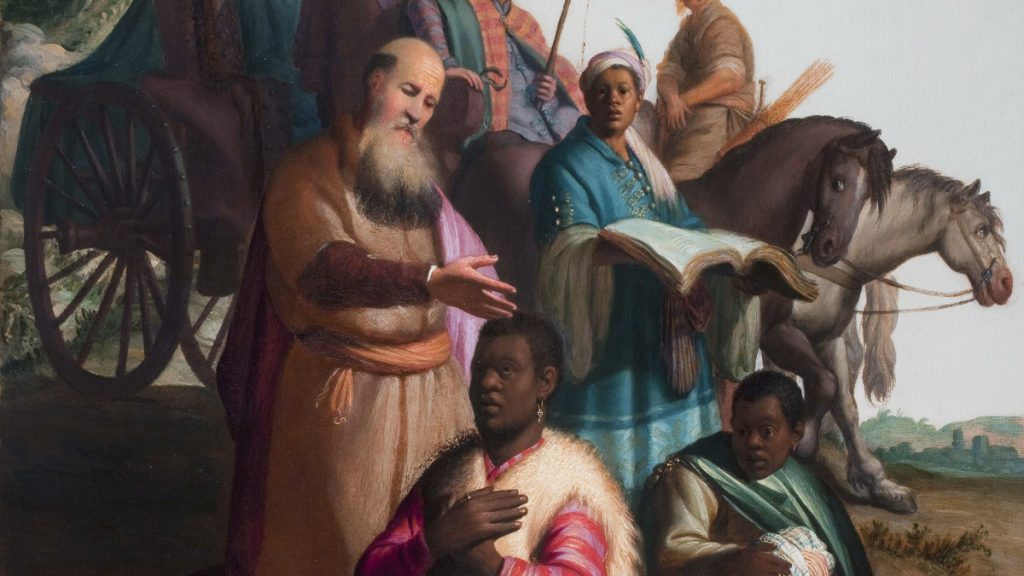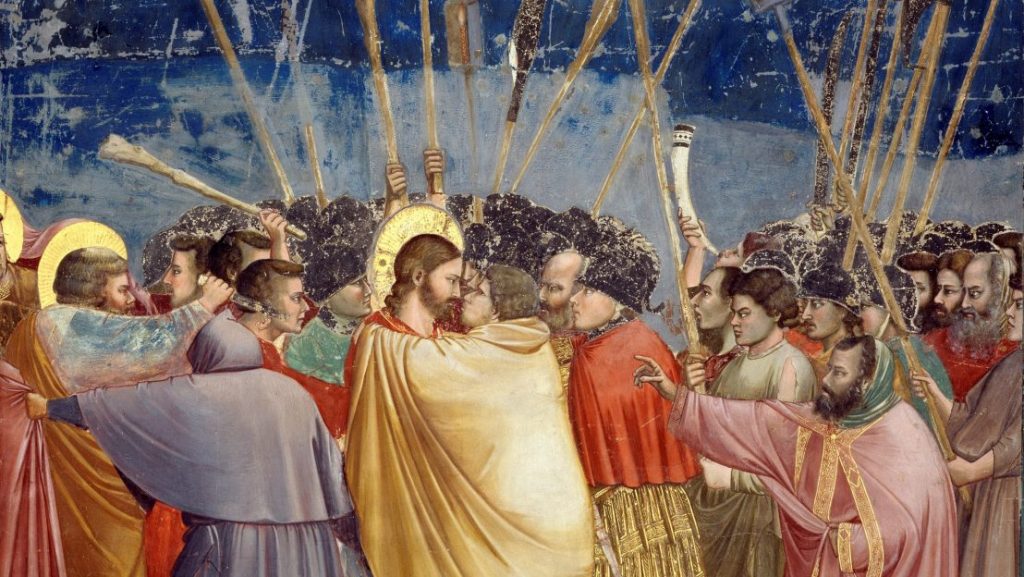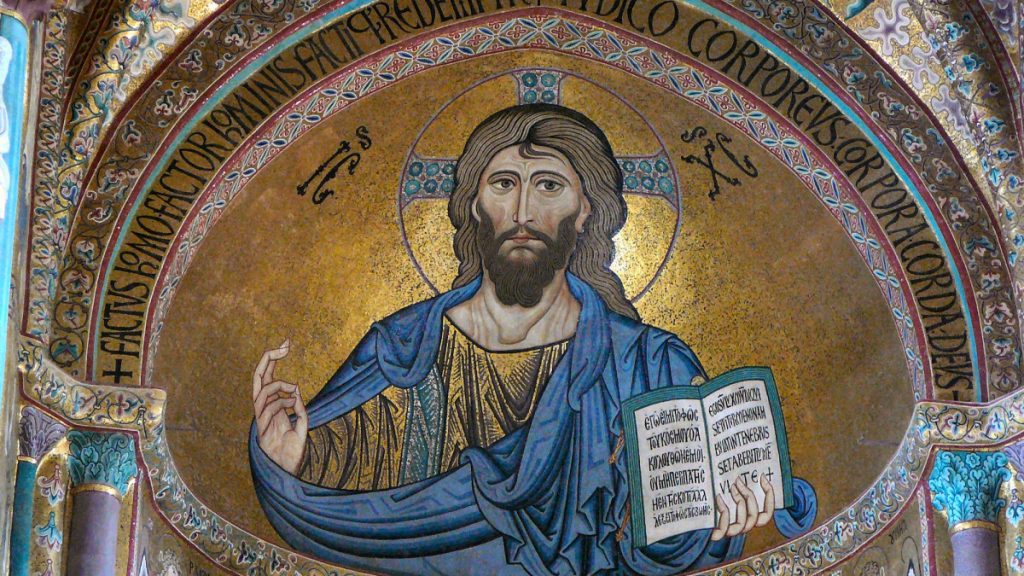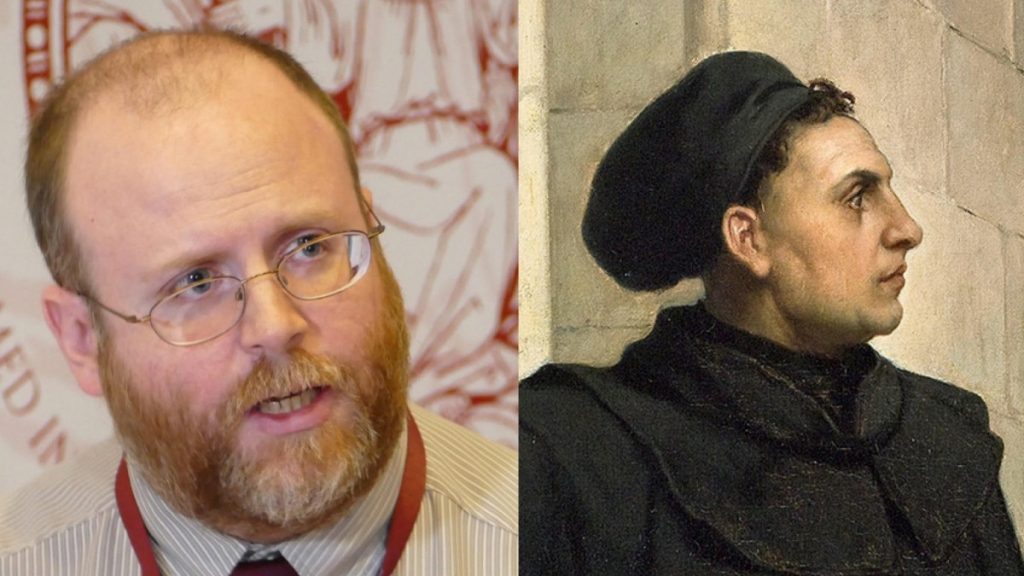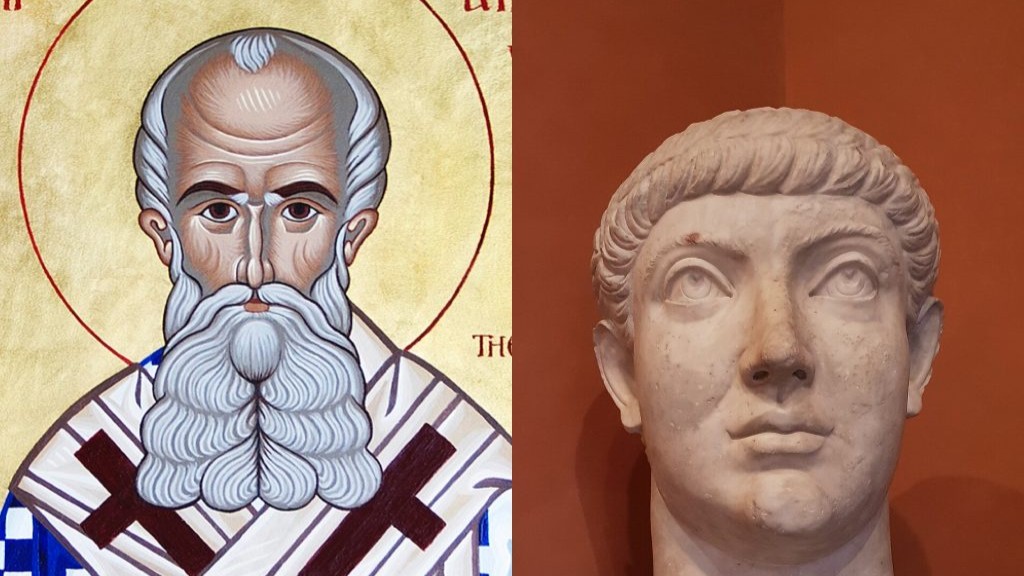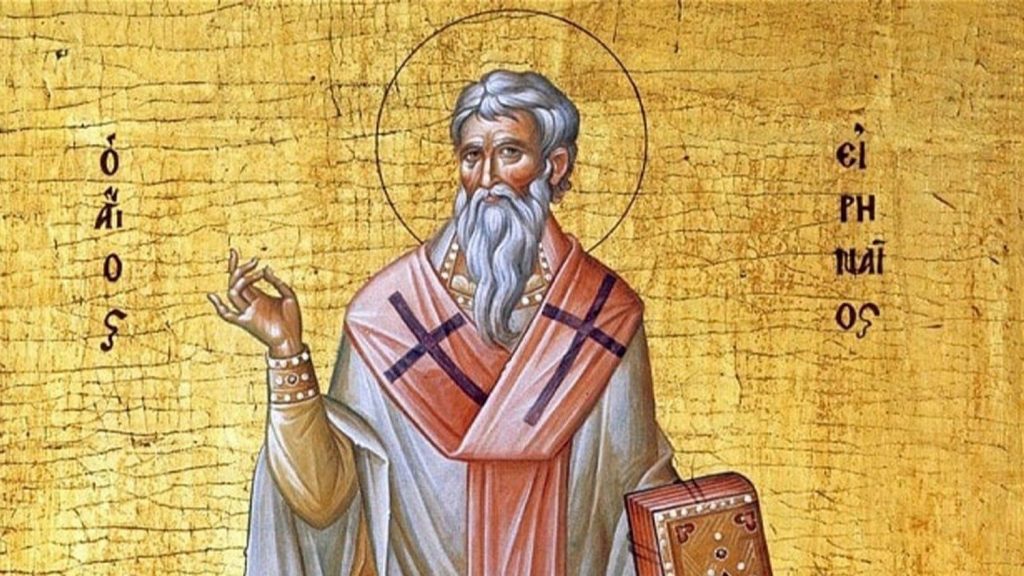(Updated May 30, 2025)
Study Banks are compilations of raw research data—from Scripture and other historical sources—on particular topics, intended to help others research the same topics.
This Study Bank is a compilation of the various lists of heresies by Church Fathers. There have always been groups that have broken away from the Church who nonetheless called themselves “Christian.” This is an old phenomenon, a “one-niner” (referring to Ecclesiastes 1:9, which says “there is nothing new under the sun”).
St. Augustine (354-430) | WEST
St. Augustine, The Heresies (§§1-88)1
- Simonians
- Menandrians
- Saturninians
- Basilidians
- Nicolaites
- Gnostics
- Carpocratians
- Cerinthians or Merinthians
- Nazarenes
- Ebionites
- Valentinians
- Secundiani
- Ptolemaei
- Marcosians
- Colorbasii
- Heracleonites
- Ophites
- Cainites
- Sethians
- Archontics
- Cerdonians
- Marcionites
- Apellitae
- Severians
- Tatiana or Encratites
- Cataphyrgians
- Pepuzians or Quintillians
- Artotyrites
- Tessarescedecatitae
- Alogi
- Adamites
- Elcesaites and Sampsaeans
- Theodotians
- Melchisedechians
- Bardesanists
- Noetians
- Valesians
- Cathari or Novatians
- Angelici
- Apostolici
- Sabellians or Patripassianists
- Origenists
- Other Origenists
- Paulianists
- Photinians
- Manicheans
- Hieracites
- Meletians
- Arians
- Vadiani or Anthropomorphitae
- Semi-Arians
- Macedonians
- Aerians
- Aetians or Eunomians
- Apollinarists
- Antidicomarianites
- Massalians or Euchites
- Metangismonites
- Seleucians or Hermians
- Proclianitae
- Patriciani
- Ascitae
- Passalorynchitae
- Aquarians
- Coluthiani
- Floriniani
- Those who disagree on the condition of the universe
- Those who walk barefoot
- Donatists or Donatians
- Priscillianists
- Those who do not eat with men
- Rhetoriani
- Those who maintain that Christ’s Divinity was possible
- Those who believe that God is of three natures
- Those who maintain that water is co-eternal with God
- Those who maintain that the soul is not the image of God
- Those who believe that there are innumerable worlds
- Those who believe that souls are changed into demons and certain animals
- Those who believe in the liberation of all souls in hell by the descent of Christ
- Those who ascribe a temporal beginning to the Nativity of Christ from the Father
- Luciferians
- Jovinianists
- Arabici
- Helvidians
- Paterniani or Venustiani
- Tertullianists
- Abelites
- Pelagians, who are also called the Celestines
St. Isidore of Seville (c. 560-636) | WEST
St. Isidore of Seville, Etymologies (Book 8, Ch. 5, §§2-68)2
In addition to those listed below, he said there were “other heresies without a founder and without names” (§69).
- Simonians
- Menandrians
- Basilidians
- Nicolaites (Nicholatians)
- Gnostics
- Carpocratians
- Cerinthians
- Nazarenes
- Ophites
- Valentinians
- Apellites
- Archontics
- Adamites
- Cainites
- Sethians
- Melchizedechians
- Angelics
- Apostolics
- Cerdonians
- Marcionites
- Artotrites
- Aquarians
- Severians
- Tatianites
- Alogi
- Cataphrygians
- Cathars
- Paulians
- Hermogenians
- Manichees (Manichaeans)
- Anthropomorphites
- Heraclites
- Novatians
- Montanists
- Ebionites
- Photinians
- Aerians
- Aetians (Eunomians)
- Origenians
- Noetians
- Sabellians
- Arians
- Macedonians
- Apollinarists
- Antidicomarites
- Metangismonites
- Patricians
- Coluthians
- Florians
- Donatists
- Bonosiacs
- Circumcellians
- Priscillianists
- Luciferians
- Jovinianists
- Elvidians
- Paternians
- Arabics
- Tertullianists
- Tessarescaedecatites
- Nyctages
- Pelagians
- Nestorians
- Eutchians
- Acephalites
- Theodosians
- Agnoites
- Tritheites
Footnotes
- St. Augustine, Roland J. Teske, SJ, trans., The Works of Saint Augustine, Vol. 18: Arianism and Other Heresies (Hyde Park: New City Press, 1995), 34-56). ↩︎
- St. Isidore of Seville, Stephen A. Barney, W.J. Lewis, J.A. Beach, Oliver Berghof, trans., The Etymologies of Isidore of Seville (Cambridge: Cambridge University Press, 2011), 175-78. ↩︎

